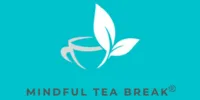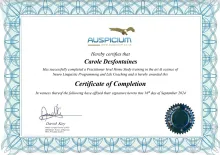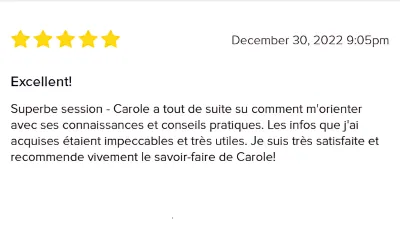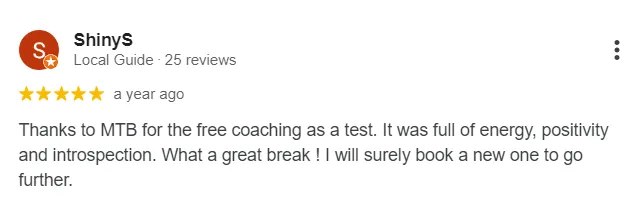
Calm, clarity, and confidence for 40+ mums with a little one. 💖
You already have the wisdom - I help you live it.
A softer, steadier way through motherhood and midlife — so you can reconnect with yourself, find your footing again, and rise gently into the life you’re meant to live.
Motherhood at 40+ feels different – and you deserve support that understands it.
This chapter is beautiful, but it’s also intense.
You’re not imagining it – you’re carrying more than most.
navigating postpartum and perimenopause at once
overwhelmed by the mental and emotional load
adjusting to a new identity (or rediscovering the old one)
constant exhaustion and overstimulation
juggling sleep deprivation, childcare, work, and home
dealing with the endless cycle of nursery and school illnesses
wanting space for yourself but having no idea where to find it
still having ambitions, but needing to pursue them differently now
You’re not failing. You’re in a season that requires gentleness, not pressure.
You want to feel like yourself again – but steadier, calmer, and more connected.
a calmer mind and more emotional steadiness
clarity about who she is becoming
rhythms that make daily life easier
more patience, more space, and less guilt
energy she can rely on
a community of women who truly “get it”
confidence to move toward her personal goals
a way to rise that doesn’t overwhelm her
You can have all of this — without pushing, hustling, or pretending you’re okay.
EmpowerMOM
What is EmpowerMOM, and how can it help you?
The EmpowerMOM Method is the unique coaching framework I’ve developed to help first-time mothers over 40 find balance, confidence, and fulfilment in both their personal and professional lives.
Emotional support, simple daily rhythms, and identity reconnection to help feel calm, capable, and clear again.
It focuses on three key principles:
Mindset (Reset): Release pressure and overwhelm. Make space for clarity, calm, and emotional steadiness.
Openness (Reconnect): Reconnect with who you are now. Honour your identity, your needs, and your ambitions.
Momentum (Rise): Build simple, sustainable rhythms that support your energy, confidence, and next steps.
EmpowerMOM Benefits:
Find balance between motherhood and career.
Reclaim your peace and serenity amidst personal and professional demands.
Build resilience and create calm routines for a harmonious life.
Join a supportive community of like-minded women.
Transcend challenges and foster relationships.
Learn from shared experiences and rise empowered on your motherhood journey.
Badges


CLIENT'S REVIEWS




Blossom in Balance
Emotional support. Sustainable rhythms. Real-life tools.
A community that understands.